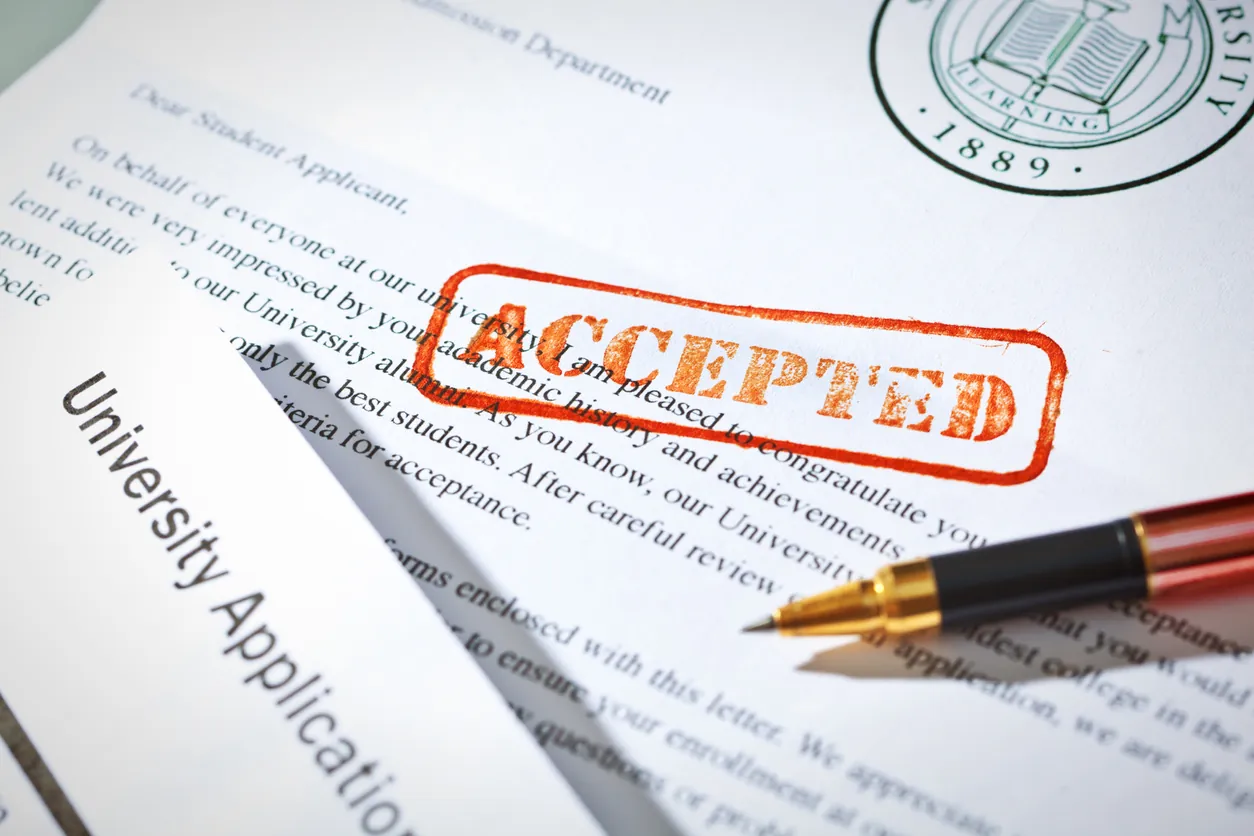
Don’t Apply Early If You Fall into These 3 Scenarios
Applying to college early has its benefits. Statistically speaking, early admission applicants have higher chances of getting accepted when compared to regular decision applicants.
But applying early isn’t for everyone—and in some cases it may even be better to hold off and wait to apply as a regular decision applicant. US News recently highlighted a few scenarios where applying regular decision makes more sense.
YOUR APPLICATION ISN’T READY YET
Early decision deadlines typically fall in November. If you’re rushing to prepare your personal statements, letters of recommendation, and test scores, it’s best to hold off until the regular deadline.
Additionally, it’s important to note that colleges only see the first three years of your academic transcript when you apply early. That means that if you’re grades improved significantly senior year, you may actually be better off applying during regular decision.
“The transition to high school varies significantly for students, with many experiencing success, and reaching their potential much later on in their high school years,” Evelyn Thimba, vice president of undergraduate enrollment management at American University, says. “Early admission programs don’t really allow for students to showcase the positive trajectory that happens once the initial transition to high school kind of wears on and students get their footing.”
YOU WANT MULTIPLE FINANCIAL AID OPTIONS
One of the drawbacks of applying early is the limited amount of financial aid options you have access to. Early decision agreements typically bind applicants to their acceptance and require them to withdraw applications from other schools if accepted.
“When you apply early and get in, they give you a financial aid offer and that’s the offer you have,” Thimba says. “If you wait until the regular decision then you have the option of looking at several offers of financial aid and determining which one best fits your situation.”
If you’re interested in estimating the amount of financial aid you’ll receive before getting your decision, consider using a net price calculator tool.
“If the estimate they get from the net price calculator is one they are comfortable with, I usually tell students to go ahead with their early applications,” Carolyn Pippen, a master college admissions counselor at IvyWise, says.
YOU HAVE MULTIPLE TOP CHOICES
Early decision is best if you have one school that you’re set on. Experts typically advise against applying early decision if you have multiple schools that you’re interested in.
“The thing that gets lost in the conversation about early decision is that this is a program for people who have found their dream school and they want to apply to it as a first choice, and they want to indicate to that school, ‘This is my first choice,’” Jonathan Williams, associate vice president of undergraduate admissions at New York University, says.











Questions about this article? Email us or leave a comment below.